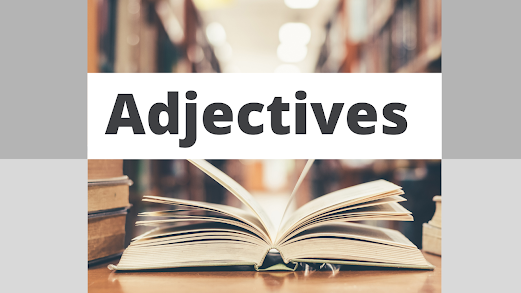Conjunctions

CONJUNCTIONS Conjunctions are words that link other words, phrases, or clauses together. I like cooking and eating, but I don’t like washing dishes afterward. Sophie is clearly exhausted, yet she insists on dancing till dawn. Coordinating Conjunctions Coordinating conjunctions allow you to join words, phrases, and clauses of equal grammatical rank in a sentence. The most common coordinating conjunctions are for, and, nor, but, or, yet, and so Example: I’d like pizza or a salad for lunch. Correlative Conjunctions Correlative conjunctions are pairs of conjunctions that work together. Some examples are either/or, neither/nor, and not only/but also. Example: Not only am I finished studying for English, but I’m also finished writing my history essay. It means I am finished with both my English essay and my history essay. Subordinating Conjunctions Subordinating conjunctions join independent and dependent clauses. A subordinat...



